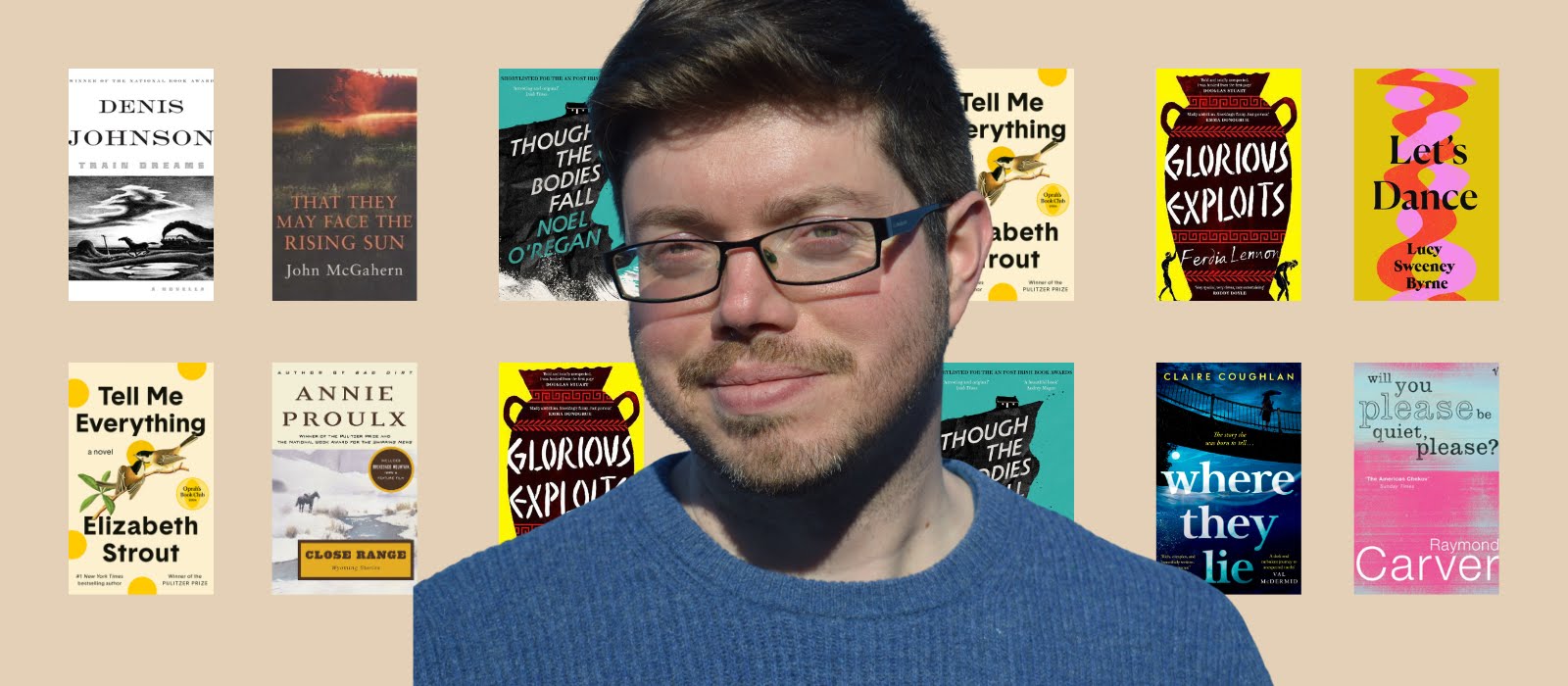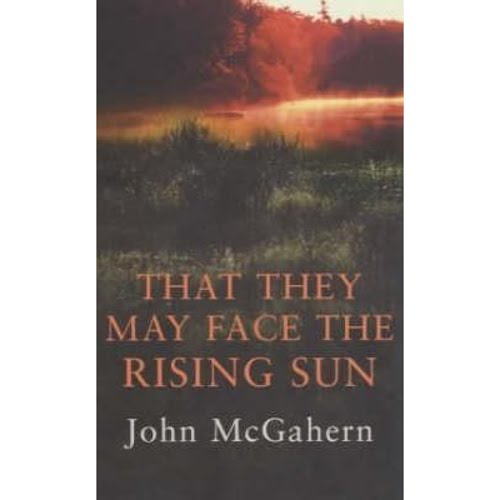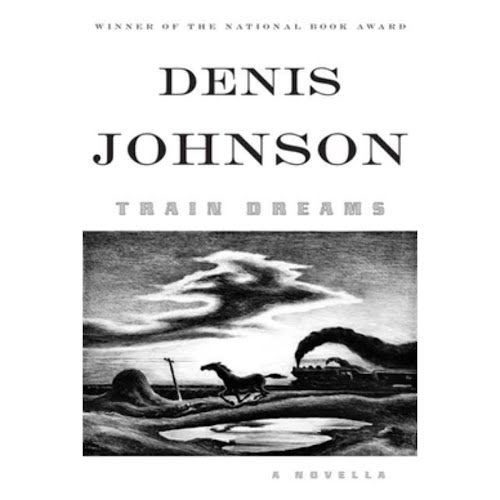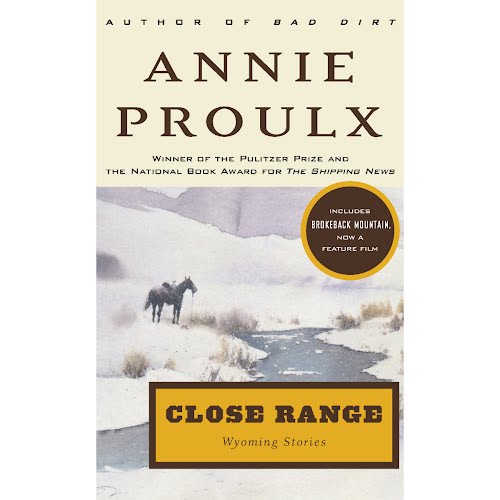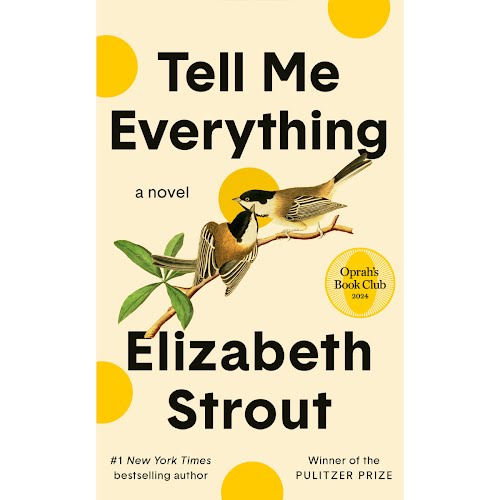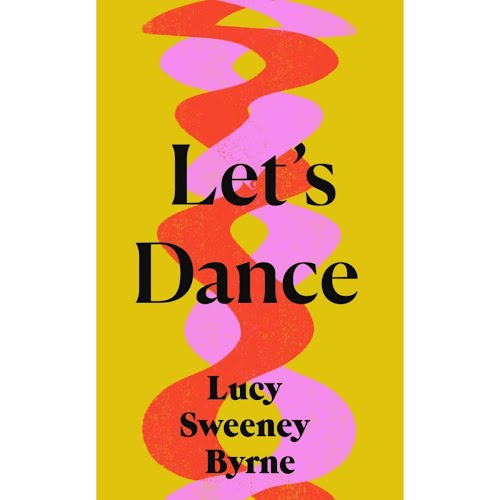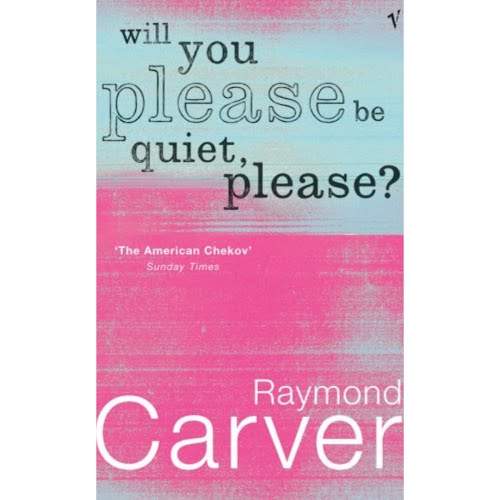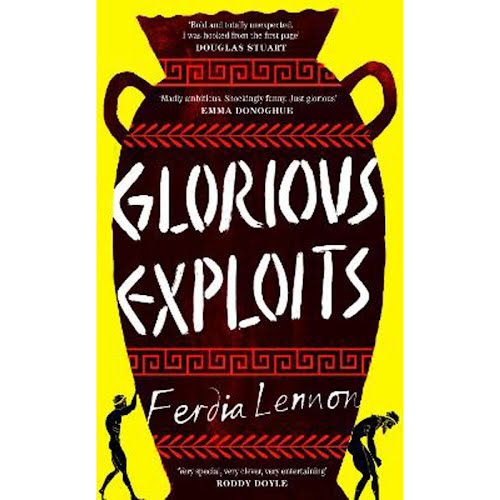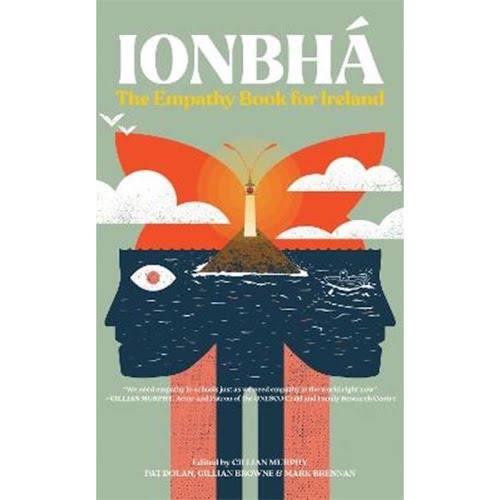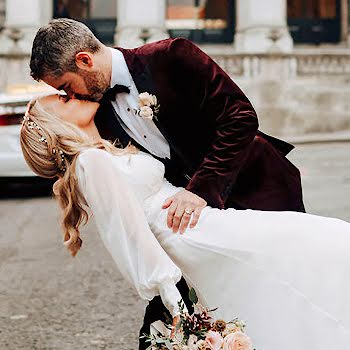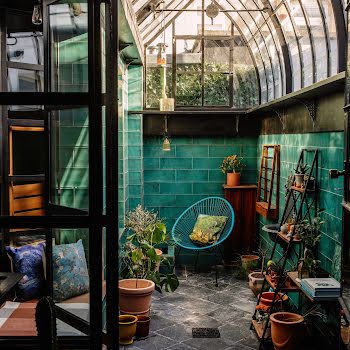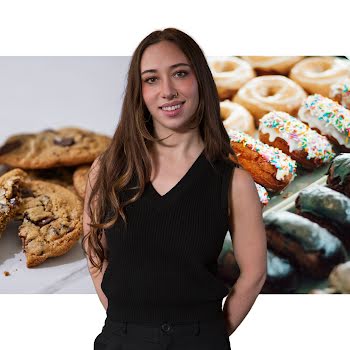We sat down with Noel O’Regan to discuss his favourite titles, writing process, and the power and privilege of stepping into other people’s stories through the act of reading.
Noel O’Regan is an award-winning author and freelance editor hailing from Tralee, Co. Kerry. His short fiction has appeared in publications such as The Stinging Fly, Granta, Ambit, Banshee and The London Magazine.
Though the Bodies Fall is his debut novel.
Micheál Burns lives alone in his family’s bungalow at the end of Kerry Head in Ireland. It is a picturesque place, but the cliffs have a darker side to them: for generations they have been a suicide black spot. Micheál’s mother saw the saving of these lost souls – these visitors – as her spiritual duty, and now, in the wreckage of his life, Micheál finds himself continuing her work. When his sisters tell him that they want to sell the land, he must choose between his siblings and the visitors, a future or a past.
Read on for our interview with Noel…

Did you always want to be a writer? Tell us about your journey to becoming a published author.
It has been my goal for a long time – since about the age of 13, in fact. As for the journey itself, it involved doing a degree and master’s in English Literature in UCC, then working for numerous years as an editor for various publishers (I now freelance), all the while developing my writing craft on the side. I actually had my first short story published all the way back in 2009, so it’s definitely been a long and winding road. But here we are, and it’s a relief to have finally achieved my dream of publishing a novel!
What inspired you to start writing?
A summer holiday in France with my parents at 13. It was my first time removed from all my usual outlets – football, soccer, pitch and putt, my Nintendo 64 – and so, with nothing else to do, I read. A lot. I read all the books I’d brought with me after a couple of days, so was forced to steal my dad’s books and then my mom’s. I devoured them all, finishing seven books in less than two weeks.
It was during that trip that I properly fell in love with literature. As soon as I returned home, I wanted to read everything I could get my hands on. And, even then, I knew that I wanted to be a writer.
Tell us about your book, Though the Bodies Fall. Where did the idea come from?
My debut novel, Though the Bodies Fall, tells the story of Micheál Burns, who lives alone on his family’s land at the end of a headland in Kerry. There are cliffs on the land that have been a draw for people who are struggling for generations, and Micheál – like his parents before him – has taken it upon himself to help these people, even as his sisters, Áine and Saoirse, now look to sell the land, to be rid of it once and for all. It’s a story about responsibility – to ourselves and to others – about belonging, and our need for purpose and meaning in our lives.

The idea for the novel came from thinking about our connection to our homeplaces, specifically the ways in which we are shaped by it. In this instance it was wondering what it’d be like to live in a space that has become a place of pilgrimage for those who are in a dark moment in their lives – a place traditionally known as ‘a black spot’. Wondering how that would shape the people who lived there, and how they, in turn, would shape those who arrived at the cliffs, looking for an end.
What did you learn when writing this book?
That I could actually finish a book! I’d certainly doubted whether or not I could achieve that over the years. There were certainly a few ‘failed/shelved’ novels on my writing journey. Of course, with hindsight, you can see that these previous projects were all essential points of learning along the route to achieving my dream. But there were certain moments where they felt more like dead ends.
Tell us about your writing process?
99% procrastination, 1% frenzied, guilt-fuelled scribbling. When things are going well, I tend to get my best work done in the mornings up to lunch. Afternoons and evenings are for admin, reading, freelance work, etc. With the stories themselves, I’ve learned how character is key.
Everything – plot, theme, arguably even structure – should build out of character. Otherwise, the story will feel artificial or contrived. So I always make sure to start with getting to know my characters, and then I follow them into their stories.
Where do you draw inspiration from?
I’m interested in exploring and examining the notion of a ‘homeplace’. Many of my ideas build out of an engagement with my own homeplace, Kerry. Also, the natural world and writing around it. I love the work of nature writers like Tim Robinson, Robert Macfarlane and Rebecca Solnit.
Films, music and painting are important, too, as I think all artistic forms feed one another. For example, I’ve been listening to the music of Conor Walsh and Slow Moving Clouds a lot recently, as I feel that their music chimes with the mood and atmosphere I want to create in one of the projects that I’m currently working on. The same goes for Kelly Reichardt’s excellent film, First Cow.
What are your top three favourite books of all time, and why?
You could ask me this on another day and I’d give you three different books, but certainly ones that I frequently return to and love include That They May Face the Rising Sun by John McGahern, Train Dreams by Denis Johnson and Annie Proulx’s Close Range. I love them for the beauty and grace of the prose, their excavation-like engagement with place, and the ways in which they capture the rhythms of the natural world – and our own small, fleeting but oh-so rich place within that cycle.
Who are some of your favourite authors, Irish or otherwise?
In terms of contemporary Irish authors, it’s hard to look beyond Claire Keegan. I was fortunate to be taught by her in UCC – during which I learned invaluable lessons on craft. We’re obviously in a golden age for Irish Literature at the moment, so there are too many Irish writers to mention, really, but some others I adore include Sara Baume, Claire Kilroy, Adrian Duncan, Mike McCormack and Kevin Barry. Internationally, I will always search out new work by the likes of Teju Cole, Lauren Groff, Sarah Hall and Jenny Offill.
What are some upcoming book releases we should have on our radar?
I am an Elizabeth Strout fan, so am looking forward to her new Lucy Barton-Olive Kitteridge novel, Tell Me Everything! In terms of Irish fiction, I’m very excited to pick up the new story collection by Lucy Sweeney Byrne, Let’s Dance, published by Banshee Press. To my mind, her debut collection, Paris Syndrome, is one of the best Irish collections of the last decade, so I can’t wait to get my hands on her follow-up, which is out this October.
What book made you want to become a writer?
I can’t point to a specific book during my holiday in France – that time was more about discovering the general immersive magic of reading, being swept into a series of different worlds, and just falling in love with the bracing plunge of reading. The book I remember reading shortly after my return from France – which I borrowed from the library in Tralee – was the story collection by Raymond Carver, Will You Please Be Quiet, Please? I remember reading that, transfixed by Carver’s distinctive, deceptively simple style and how it paired with the messy complexity of his character’s lives. It invigorated, it inspired.
What’s one book you would add to the school curriculum?
Ionbhá: The Empathy Book for Ireland, published by Mercier Press and edited by a certain Oscar-winning Cillian Murphy. The book features a series of reflections on empathy and its power by the likes of Michael D. Higgins, Blindboy Boatclub, Hozier, Louise O’Neill and others. As Cillian Murphy himself says in the intro: ‘We need empathy in schools just as we need empathy in the world right now.’ The book should be in every classroom across the country.
What’s the best book you’ve read so far this year?
Ferdia Lennon’s Glorious Exploits. Appropriately named, in that it’s by turns gloriously fun, tragic, witty and shocking. A truly original and inventive read.
What’s some advice you’ve got for other aspiring writers?
I always give the same advice, but that’s only because it’s what I said to myself time and again over the years: ‘Perseverance is key’. After all, you’ve only failed when you give up.
Lastly, what do the acts of reading and writing mean to you?
I read, first and foremost, for a love of stories and a love of sentences. But also to better understand the world. Stepping into other people’s stories allows you to de-centre yourself and understand the world from other people’s perspectives – to better see the things we don’t have in common, as well as the many things we do. When I come across a book that I truly love, there’s a nourishment to it that I can’t find anywhere else, a sort of soul-nourishment that satiates like nothing else.
The act of writing, in comparison, is, I think, more akin to being a craftsperson. You work hard, chipping away, chiselling, resizing, trimming, chopping – all with the hope that in the end you will have created something of which you’ll be proud, something that fits together, rings true, and maybe, just maybe, will give someone else that same nourishment that I find in my favourite books.
Though the Bodies Fall by Noel O’Regan (published by Granta Books) is on sale now.
Noel is featured in the An Post Irish Book Awards ‘New Voices 20 Best New Irish Writers’ list. Focused on showcasing a new generation of incredible Irish writers who are reshaping the literary landscape with their fresh perspectives and captivating storytelling, the list was curated through nominations from publishers, booksellers and librarians nationwide.











